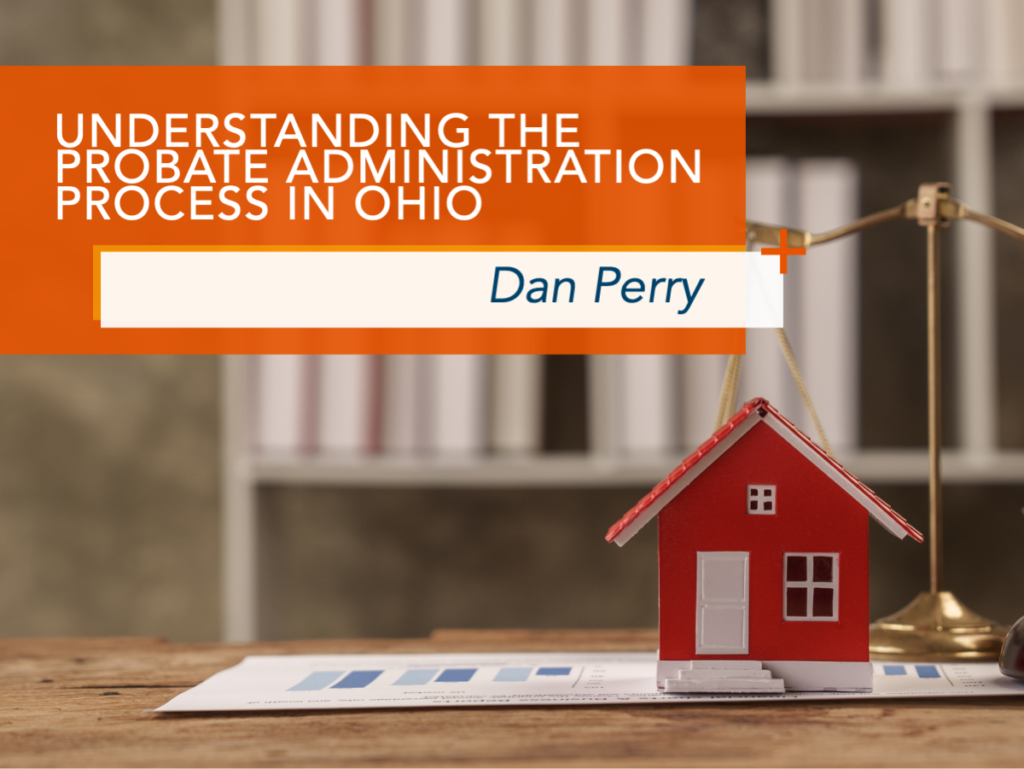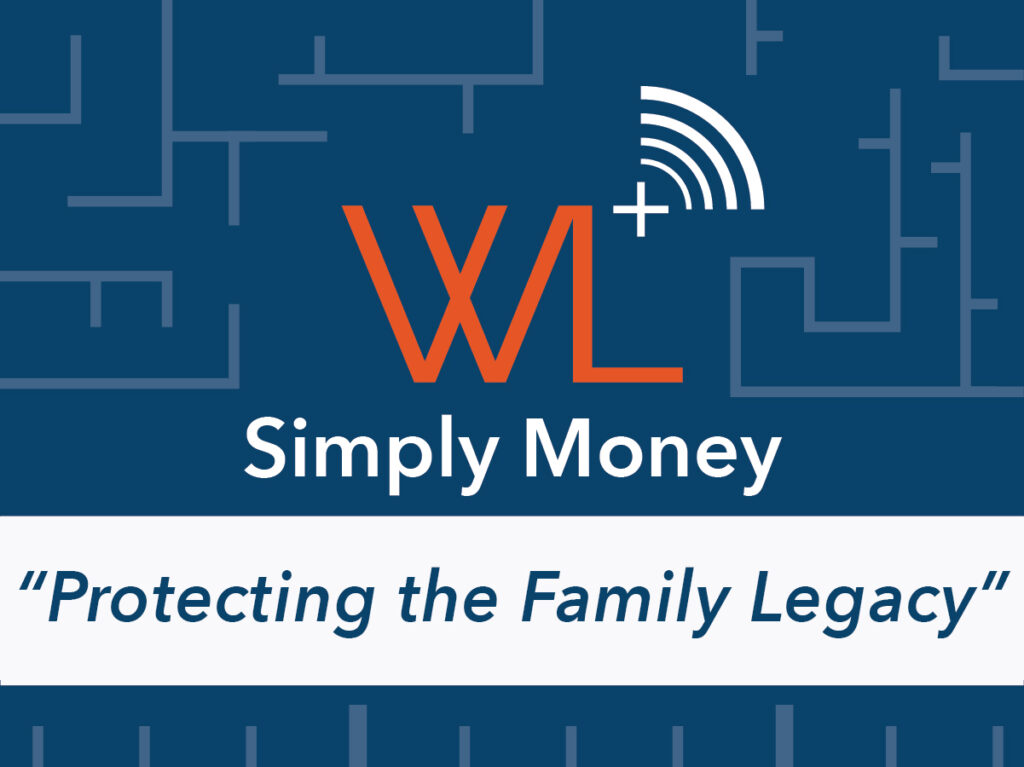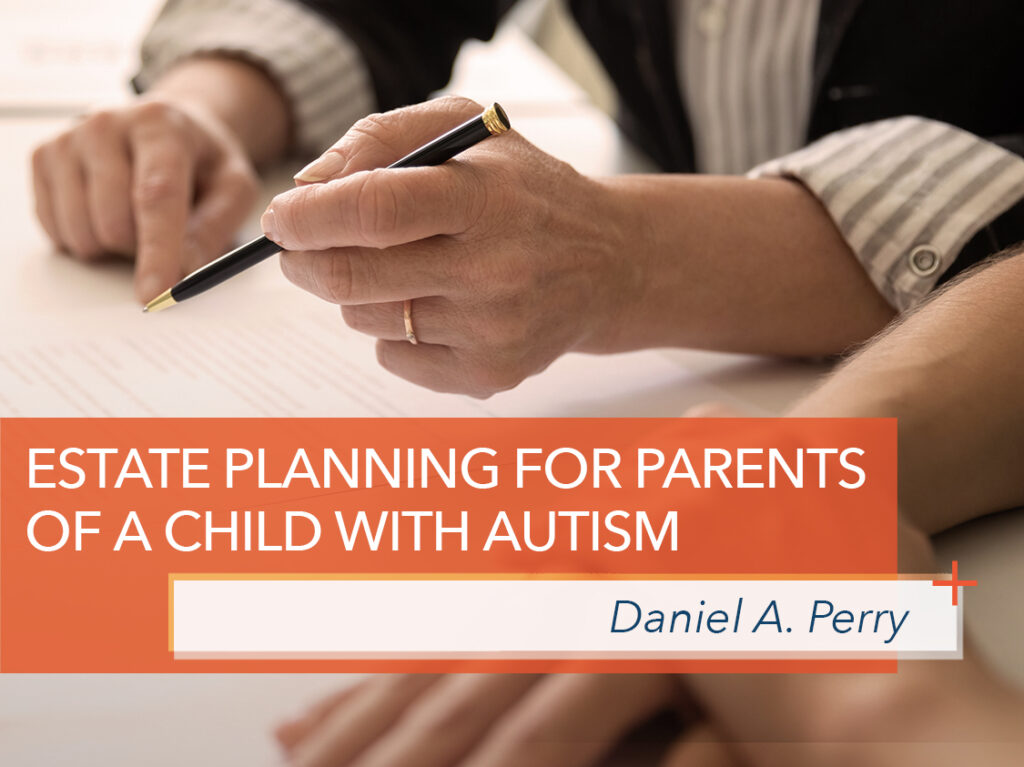Trusts, Estates, and Wealth Transfer attorneys represent clients in all aspects of estate planning, estate and trust administration, and estate tax planning.
The experienced attorneys of Wood + Lamping’s Trust, Estate, and Wealth Transfer practice area are committed to providing pragmatic advice and legal representation tailored to each client’s unique needs. W+L’s attorneys have extensive knowledge in all phases of estate and trust administration and the ability to provide the most up-to-date advice on federal and state estate, gift and generation-skipping transfer tax planning; IRS tax controversies; asset protection; planning for second marriages; planning for children with special needs; sophisticated charitable giving; charitable organizations and private foundations.
Experience
- Represent executors, trustees, administrators, guardians, and beneficiaries in estate and trust administration matters, including matters in litigation.
- Prepare essential estate planning documents, including revocable trusts, wills, powers of attorney, health care powers of attorney, and living will declarations.
- Incorporate succession planning for closely-held business into estate plans.
- Planning for children or beneficiaries with special needs and minor beneficiaries.
- Construct trusts, including Irrevocable Life Insurance Trusts (ILITs), Crummey Trusts, Charitable Remainder Trusts, Spousal Lifetime Access Trusts (SLATs), and Grantor Retained Annuity Trusts, to maximize annual exclusion gifts and minimize estate taxes.
- Establish family limited partnerships (FLPs), family limited liability companies (FLLC), and other structures to lessen the transfer tax burden when ownership of family businesses passes from one generation to the next.




